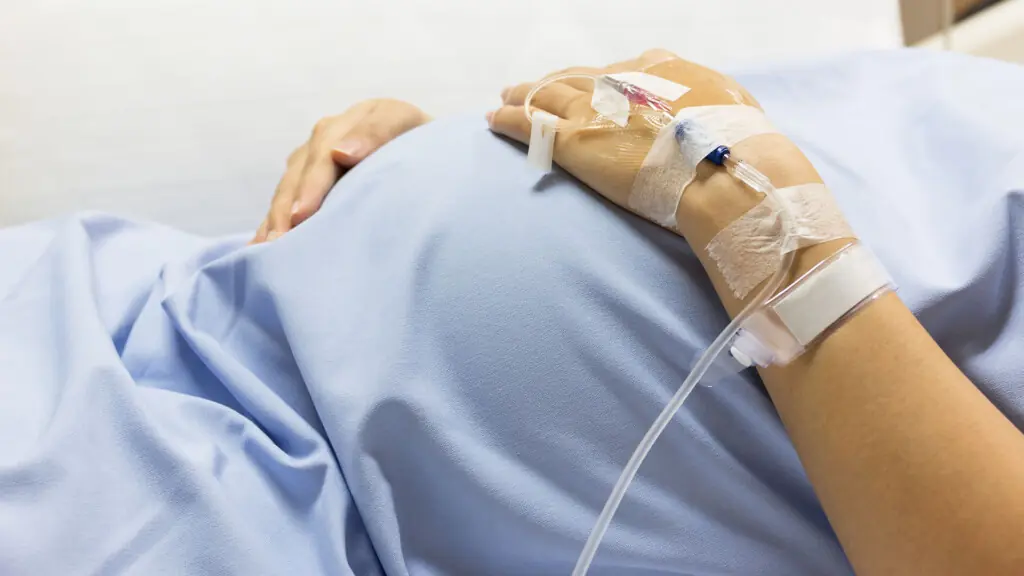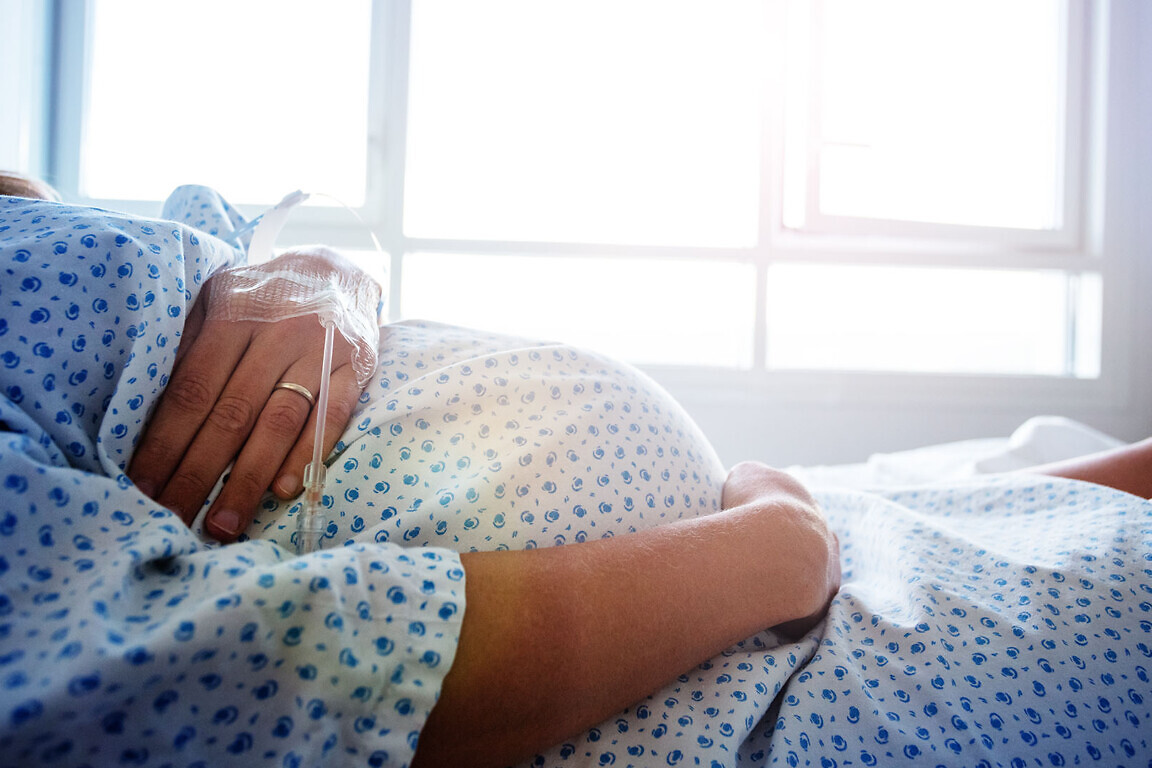The latest analysis co-led by MBRRACE-UK finds that although there has been some improvement in maternal deaths, disparities remain.
The scandal of maternity care in the UK continues. The MBRRACE-UK collaboration, co-led by Oxford Population Health’s National Perinatal Epidemiology Unit, has reported that 257 women died during or shortly after pregnancy in 2021-23, a rate of 12.8 per 100,000 women giving birth.
Although there was a slight improvement in the UK maternal death rate between 2021 and 2023, as Healthcare Today reported in February, the analysis finds that persistent disparities in maternal care remain.
Over the same period, black women were more than twice as likely to die during or up to six weeks after pregnancy when compared with white women. Asian women and women from mixed ethnic backgrounds also had a slightly, statistically non-significant increased risk of death when compared with White women. Women living in the most deprived areas of the UK were more than twice as likely to die when compared to women living in the least deprived areas.
The data also showed that 91% of the women who died during or up to a year after pregnancy faced multiple or interrelated challenges, including multiple and severe disadvantages, physical health problems, and mental health challenges.

Appropriate care
“This latest national enquiry has identified several key actions which are needed to ensure women with medical, mental health and social challenges receive appropriate care,” said Marian Knight, director of the National Perinatal Epidemiology Unit and MBRRACE-UK programme lead.
The report presents a number of recommendations for maternal medicine networks in England, health boards and integrated care boards, NICE, and the NIHR to improve the care of women with complex medical, mental health and social needs.
Is suggests that urgent referral pathways must be set up to assess high-risk women for senior or specialist review in early pregnancy; that discharge summaries provided by hospitals for primary care (including local GP surgeries) should include a summary box of actions concerning conditions that require postnatal management; and that care guidelines for women with complex social needs should be updated to include clear steps for asking about and recording social risk factors early in pregnancy and again later.
It also recommends that codes for domestic abuse in women’s records are used and information is shared appropriately in the event of safeguarding concerns, and that specialist perinatal mental health teams undertake a leadership role for the care of pregnant or recently pregnant women with mental health conditions, even if women are not accepted for care under their services.



